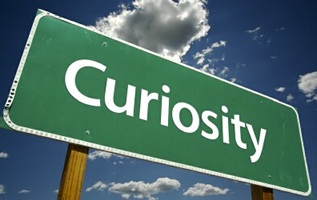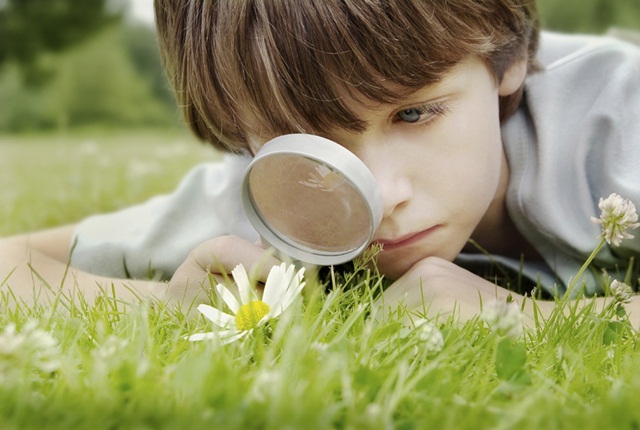Curiosity has a major influence on academic performance
A new study published in the journal Perspectives on Psychological Science has revealed that curiosity plays a significant role in academic performance, and traits like curiosity are as important as intelligence in determining how well a student will perform.
Intelligence is important to academic performance, but is not the whole story. Brilliant students sometimes fail and students deemed less able often succeed through hard work. It is anomalies like these that have prompted psychological scientists to start looking at factors other than intelligence that make some students do better than others.
One of those is conscientiousness – the inclination to go to class and do your homework. People who score high on this personality trait tend to do well in school. “It’s not a huge surprise if you think of it, that hard work would be a predictor of academic performance,” says Sophie von Stumm of the University of Edinburgh who co-wrote the new paper with Benedikt Hell of the University of Applied Sciences Northwestern Switzerland and Tomas Chamorro-Premuzic of Goldsmiths University of London.

Von Stumm and her co-authors wondered if curiosity might be another important factor. “Curiosity is basically a hunger for exploration,” von Stumm said. “If you’re intellectually curious, you’ll go home, you’ll read the books. If you’re perceptually curious, you might go travelling to foreign countries and try different foods.” Both of these, she thought, could help you do better in school.
The researchers performed a meta-analysis, gathering the data from about 200 studies with a total of about 50,000 students. They found that curiosity did, indeed, influence academic performance. In fact, it had quite a large effect, about the same as conscientiousness. When put together, conscientiousness and curiosity had as big an effect on performance as intelligence.
Von Stumm wasn’t surprised that curiosity was so important. “I’m a strong believer in the importance of a hungry mind for achievement, so I was just glad to finally have a good piece of evidence,” she said. “Teachers have a great opportunity to inspire curiosity in their students, to make them engaged and independent learners. That is very important.”

